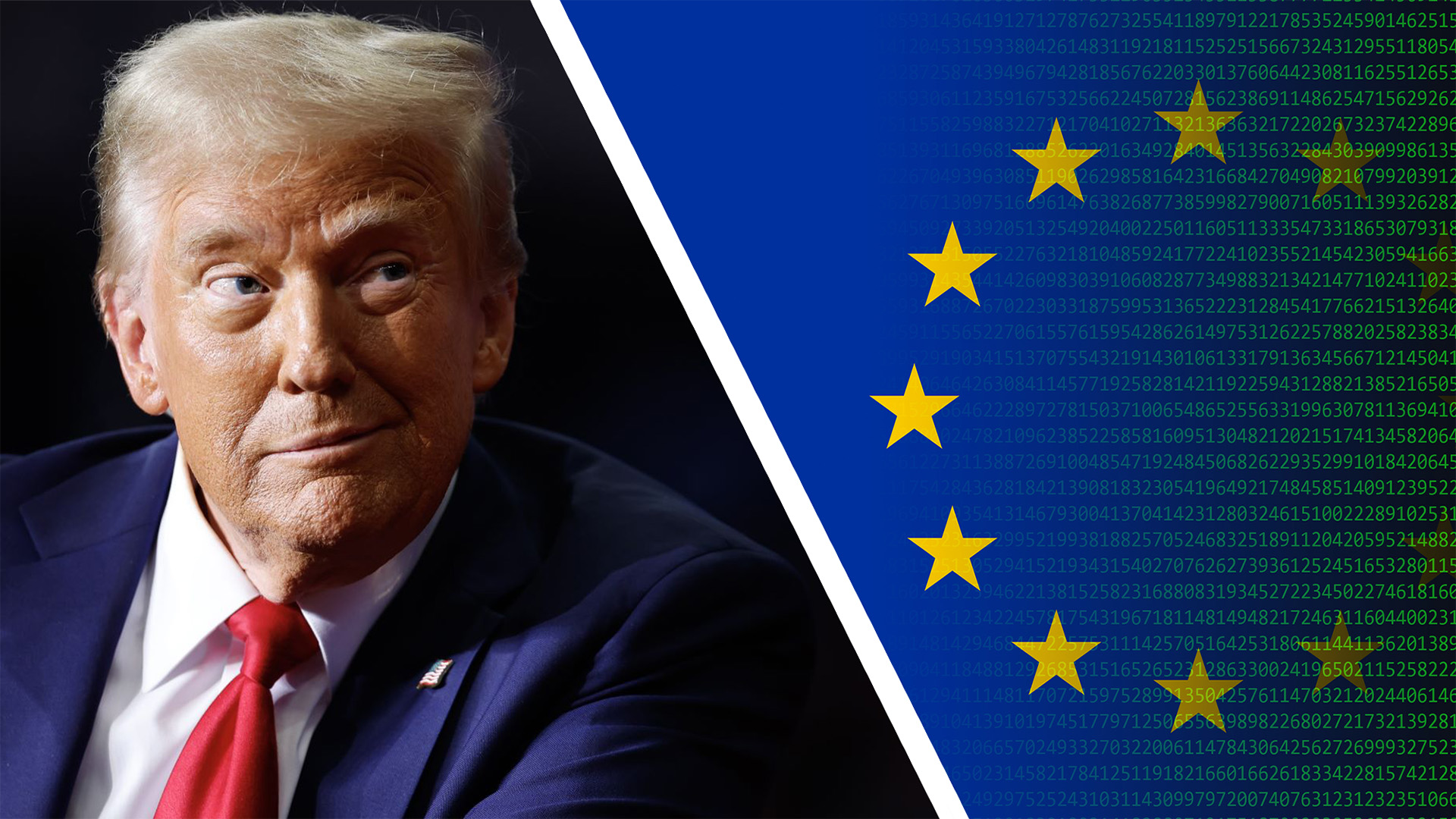The European Commission Denies Allegations Regarding the Digital Services Act
The European Commission has firmly rejected accusations that the Digital Services Act (DSA) is specifically designed to harm US big tech companies. In a statement issued on Tuesday, August 26, 2025, the EU also refuted claims that the content-removal requirements outlined in the DSA constitute internet censorship.
Background
These responses come in the wake of remarks made by US President Donald Trump, who suggested that the DSA could be detrimental to American tech giants. Additionally, reports indicated that the Trump administration was contemplating imposing sanctions on EU member states that implement the DSA rules.
EU’s Position
The European Commission clarified that the primary objective of the Digital Service Act is to create a safer online environment by combatting the spread of illegal content such as hate speech, child sexual abuse material, and disinformation on digital platforms. The legislation also aims to prohibit manipulative advertising practices.
While Washington has expressed concerns about these measures impacting freedom of speech for Americans, EU officials have emphasized that DSA enforcement decisions have targeted a range of companies, including US-based tech giants like X and Meta, as well as Chinese-owned platforms like AliExpress, Temu, and TikTok.
Beyond the EU
US officials’ apprehensions regarding new digital regulations extend beyond the EU and the DSA. President Trump recently announced plans to impose additional tariffs on countries that impose digital taxes or regulations on American tech firms. This stance reflects broader tensions surrounding digital governance and regulatory frameworks.
In response to UK and EU demands to weaken encryption and censor content, prominent US tech companies, including Apple, Alphabet, Meta, Microsoft, and Amazon, have reaffirmed their commitment to safeguarding encryption protocols. The FTC has raised concerns about UK laws, such as the Online Safety Act and Investigatory Powers Act, which have implications for tech companies operating in those regions.
Recent developments, including mandatory age verification under the Online Safety Act in the UK, have sparked debates about privacy, security, and online content moderation. Concerns about data sharing and circumvention tactics, such as VPN usage, have underscored the complexities of regulating digital platforms in a global context.
Conclusion
In conclusion, the European Commission’s rejection of allegations related to the Digital Services Act underscores the ongoing debates surrounding digital governance and regulatory oversight. As policymakers navigate these complexities, balancing online safety, freedom of expression, and commercial interests remains a key challenge in the digital age.
Source: TechRadar


